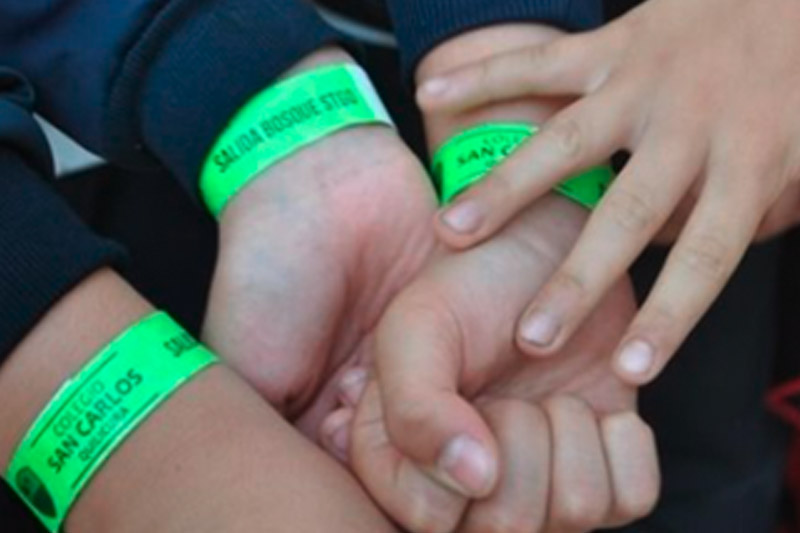The Community Engagement team seeks to inspire the school community to feel valued and to recognize its capacity to generate a positive impact on the environment. Through the management, coordination and leadership of various initiatives, it encourages the active participation of students, families, teachers and administrative staff.
This work is developed in harmony with the SC Profile and the United Nations (UN) Sustainable Development Goals, promoting meaningful engagement with the community and strengthening shared values.
Team
Community Engagement Coordinator: Francisca González
IB Service Coordinator: Nicole Wash

Primary Years Program (PYP): Action
The Primary Years Program (PYP) is aimed at children from 3 to 12 years old. In this transdisciplinary program, students investigate and build lasting and meaningful learning, developing skills and positive attitudes that invite them to reflect and act. The holistic development of the person is promoted through an emphasis on intellectual, personal, emotional and social growth.
In the PYP, action is a central element of the learning process. An action can be a change in attitude, a future action plan or assuming responsibilities towards oneself, others or the environment. This is the basis for the service to be performed in the following two programs (MYP and DP). In the PYP program, then, the service is expressed through a concrete action that must be applied as a result of the learning of each of the units of inquiry.
Middle Years Program (MYP): Service as Action
The Middle Years Program (MYP) encourages the development of skills and attitudes, intercultural understanding and global engagement. It focuses on students ages 11-16. At this stage, the focus is on service as action. The students carry out a Community Project, which involves detecting the needs of a community and responding to them through interdisciplinary work.
This instance allows students to put themselves in the place of others, broaden their perspectives, make a diagnosis of the deficiencies that exist in other communities and generate concrete actions that provide solutions to them.
With service as action, students become agents of change beyond the internal community.
Diploma Program (DP) and Creativity, Action and Service (CAS)
The Diploma Program (DP) is aimed at students in their final years of school. For the DP, learning is contextual, which implies that learning must allow the student to connect with their interests and with the real world. One way to do this is by linking what is learned in the classroom with learning through action and service. This is possible through one of the core elements of the Diploma Program: Creativity, Activity and Service (CAS).
CAS enhances the personal and interpersonal development of students, through experience-based learning. In addition, it provides spaces for self-determination and collaboration with other people, fosters a sense of satisfaction and enjoyment of work, and complements the academic demands of the DP.
CAS areas
Creativity: Creative thinking that results in an original performance or creation.
Activity: Physical effort that contributes to a healthy lifestyle.
Service: Collaborative and reciprocal commitment to the community in response to an authentic need.
During the last two years of the Diploma, students have to carry out experiences and projects that are challenging and of interest to them, addressing the three CAS areas. Students must achieve seven learning outcomes and demonstrate them through reflections, which are the means for the experience to be transformed into learning.